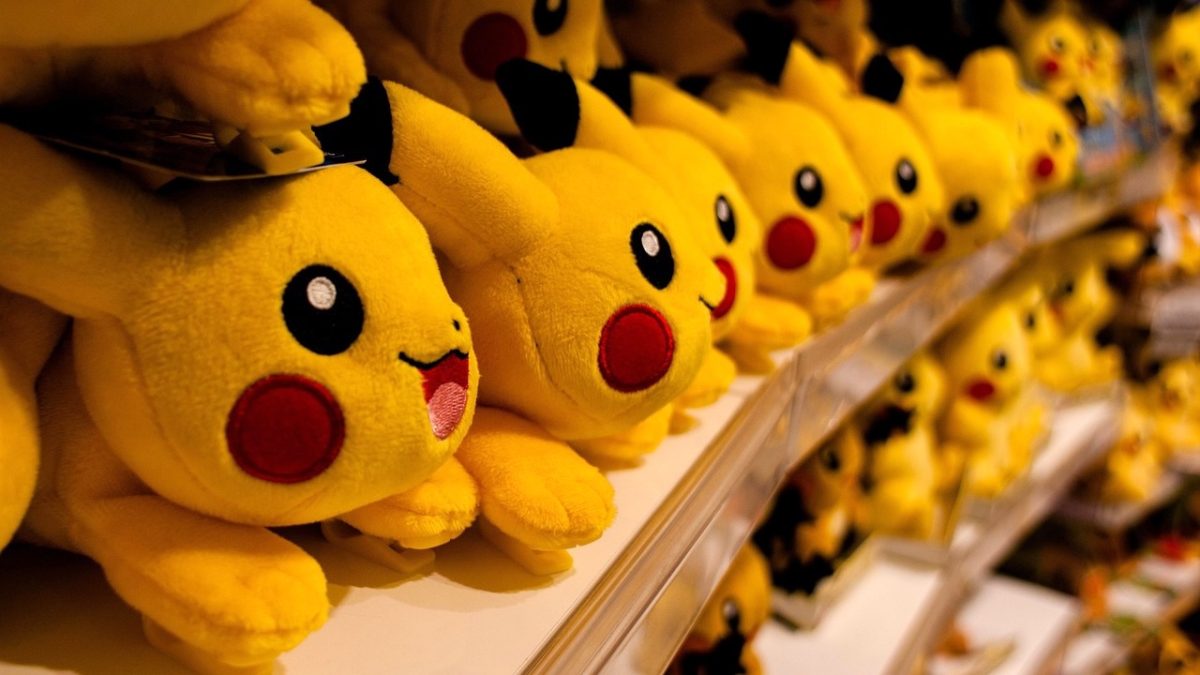Dining Services and the Campus Sustainability Committee are encouraging students to clean their plate, but not with dish soap and water.
Project Clean Plate is a student-run program through Dining Services, the Campus Sustainability Committee and the Dining Advisory Board to educate students, faculty and staff about food waste issues.
“There is more than enough food to feed the entire world’s population,” said Sara Meyer, marketing director of Dining Services. “However, due to poverty and food emergencies, [people] are unable to purchase or produce their own food and go hungry and malnourished everyday.”
Because of this ongoing issue, Dining Services by Chartwells chose to implement Project Clean Plate, Meyer said.
Senior Allison Hines believes this project is something everyone should take part in.
“Too much food waste occurs and people can always go get for more food if they are really hungry,” Hines said.
This idea is what Nick Hennessy, director of sustainability, said may be a good thought process for students to have when eating at the all-you-can eat dining facilities.
“It could be misunderstood as if we want people to eat less, but that isn’t it at all,” Hennessy said. “The goal is to not waste food. You can always go back for more food, and with meal plans you have that option.”
The students who volunteer to spread the message to others have shifts at the all-you-can eat dining halls talking about the purpose of Project Clean Plate and why people should participate.
Since the University doesn’t have a compost program, the food goes to waste, so educating students on this is important, Hennessey said.
“[We hope students] are aware of what impact their decisions make on the dining facility, the community and the environment,” Meyer said.
She also explained that some of the University guests do not realize that Dining Services make food based on consumption to meet demand and it doesn’t mean “take it because it is here,” but instead because they will eat it.
“It is important to also realize that the waste comes at a cost. Each piece of pizza that is taken is an extra piece that needs to be made by using energy, ingredients, and more,” Meyer said. “If waste increases, prices would have to increase to cover those costs.”
Project Clean Plate provides benefits to those who participate.
“Ideally, students, faculty and staff will become aware of this issue and make adjustments to their habits that will last throughout the year,” Meyer said.
Even though Hines realizes the issues regarding this project, she still seems to buy more than she actually eats.
“Sometimes my eyes are bigger than my appetite,” she said. “Something I obviously need to work on.”













